The Sustainability Professionals Resilience Group (SPRG) is an innovative, international online community, bringing in-house business sustainability leaders together to discuss challenges, explore solutions and share ideas and expertise. Want to become part of it?
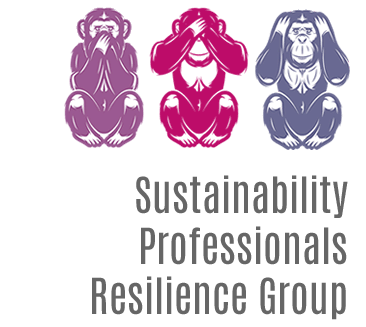
Why join the Sustainability Professionals Resilience Group?
By becoming part of our online business sustainability community you’ll have the opportunity to meet with other senior sustainability professionals across the corporate and NFP/NGO sectors – once every month, for an hour per session.
If you sometimes feel like an isolated voice in your organisation, or if you’d value other perspectives on the challenges you face, SPRG is a welcoming community that will offer you:
- A mutually supportive collective of sustainability professionals in similar roles
- The chance to focus on the future and achieve your ambitions
- A platform to engage, connect and collaborate with experts from across the world
- A creative community where you can discuss and share challenges and ideas
- The support needed to increase personal and professional resilience
- The motivation to maintain and increase momentum
How does the professional sustainability group work?
An unparalleled opportunity to meet with business sustainability professionals from a breadth of sectors, locations and organisational roles, SPRG works to broaden perspectives and provide community members with insight from other dedicated experts across the globe.
Combining conceptual thought-leadership with practical and pragmatic solutions and applications, the only agenda is open dialogue and sustainability. Here’s how our business sustainability group works…

A Featured Theme
Each session focuses on a featured sustainability theme, often with a guest contributor sharing an interesting, valuable and stimulating viewpoint.

Group Discussion
Meet other senior sustainability professionals, ask each other questions, share and explore challenges and opportunities.

Trust & Share
We host small groups and follow the Chatham House Rule. While ideas are shared, personal identities are not and sessions aren’t recorded.

Who
Our SPRG meetings are for sustainability professionals working in companies and charities – so if this is you, please join us !

Free to attend
The only cost is your time. We just ask that you make a constructive contribution and share your ideas and feedback.

When
SPRG meetings are held online on the second Thursday of each month at 2pm (GMT/BST) and last for 1 hour.
Next meeting
SPRG NEXT SESSION | Communicating Sustainability – navigating the challenges and building trust
Thursday 11th September 2025 | 2-3pm (BST)
60 minutes + 30 minutes further Q&A
Effective sustainability leadership hinges on clear, consistent communication—both internally and externally. As expectations rise and scrutiny intensifies, businesses must articulate not only their approach but also their performance in ways that resonate with different and diverse audiences.
Yet, getting it right is far from easy. Many sustainability communications fall short—confusing, incomplete, or even misleading. The growing prevalence of greenwashing has made audiences both more sceptical and discerning than ever
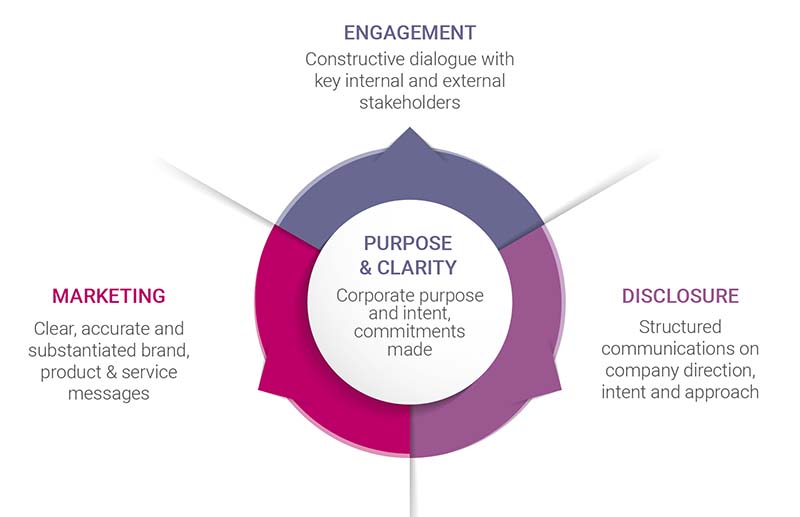
In this interactive session, we’ll explore the complexities of sustainability and ESG communication and discuss how to build credibility and clarity. Together, we’ll tackle key questions:
- Does your organisation have a compelling and coherent sustainability narrative?
- What are the barriers to producing timely, accurate, and meaningful content?
- What tensions and trade-offs must be managed—and how can they be overcome?
Join us to gain insights, share experiences, and strengthen your communication strategy in a fast-evolving landscape.
Hosts: Joss and Dominic, Terrafiniti’s founding partners.
Our live meetings also provide opportunities to gain insights from other participants – sustainability experts from various sectors.
Insights Q&A: after the main session, Joss and Dominic will stay online for an additional 30 minutes where we can answer further questions, and share how we have helped our clients develop their strategies and approaches.
Don’t miss this opportunity to share experiences and learning and find solutions to your sustainability challenges.
Want to join us at our next SPRG business sustainability group meeting?
Register here to join the group and receive future invitations.
Future Sessions

TBC | Thurs 11th September 2025
TBC | Thurs 9th October 2025
What have people said about the group?
Probably the best thing I've clicked
into in several years!


Everyone was involved in the conversation and had the opportunity to contribute to the group dynamic.
Your approach is the best way to shape a network of experts ready to help each other. This is invaluable!


This is great - being surrounded by amazing minds.
What have we covered?
We've explored resilience and what that means for sustainability professionals and their businesses, engaging with people in different roles on sustainability and trust in business + much, much more ...

Sustainable Transition | the fundamentals of good practice | 12th June 2025
Extending the theme of sustainability strategy from our May meeting, in June we focused on the topic of sustainable transition – how organisations articulate, plan and undertake the journey from where they are now to where they need to be in the future.

Building Sustainability Strategy – the most important aspects for success | 8th May 2025
If your organisation doesn’t have an up-to-date, relevant and integrated sustainability strategy then it can be open to multiple risks, but more importantly you might be missing out on valuable sustainability and business opportunities.
In May's meeting we discussed the key components of sustainable business strategy – and what’s often overlooked or missing.

Reputation management – how to manage risk by association | 10th April 2025
Reputation is widely regarded as one of the most valuable assets of an organisation – and sustainability can be an important contributor to both reputation and other dimensions of business value.
In April’s meeting we explored different dimensions of reputational risk, how it can be affected, and how you can protect it.
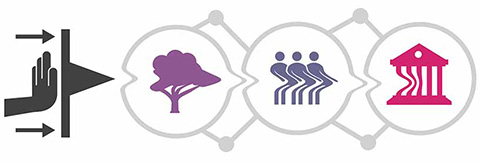
ESG Backlash – what are we seeing, and what matters? | 13th March 2025
Recent months have seen some push back against ESG / sustainability policies, with shifts in company commitments and government attitudes.

Setting Long-Term Targets for Sustainability | 13th February 2025
Setting – and importantly, declaring – long-term targets has always been a critical component of sustainability/ESG strategy and management.
These targets, typically set 5-10 years in advance, or even longer for climate commitments, allow companies to align with global frameworks such as Net Zero goals or SDGs and provide the scaffold for planning and implementation plans.

The role of sustainability professionals in preventing greenwashing | 23rd January 2025
Much greenwashing is often the result of overenthusiastic or poorly informed marketeers. However, a significant amount arises from far more fundamental strategic challenges.

Solving Sustainable Business Challenges | 14th November 2024
Navigating the ever-evolving landscape of sustainability can be challenging. With economic uncertainties, global political shifts, and some resistance to ESG initiatives, staying ahead is more crucial than ever. Regulatory demands like CSRD are also increasing, consuming significant time and resources.
In this special interactive session we:
- Identified and discussed the pressing challenges faced by professionals and organisations.
- Explored practical solutions and strategies to overcome these obstacles.

Sustainability and Business Value | 10th October 2024
In recent years, the adoption of sustainability and ESG approaches has become more widespread. However, much of this activity remains superficial, with many targets and KPIs focused on activity indicators rather than actual performance. Over the past 25+ years of advising companies, we have consistently encountered the challenge of integrating sustainability into strategic relevance.
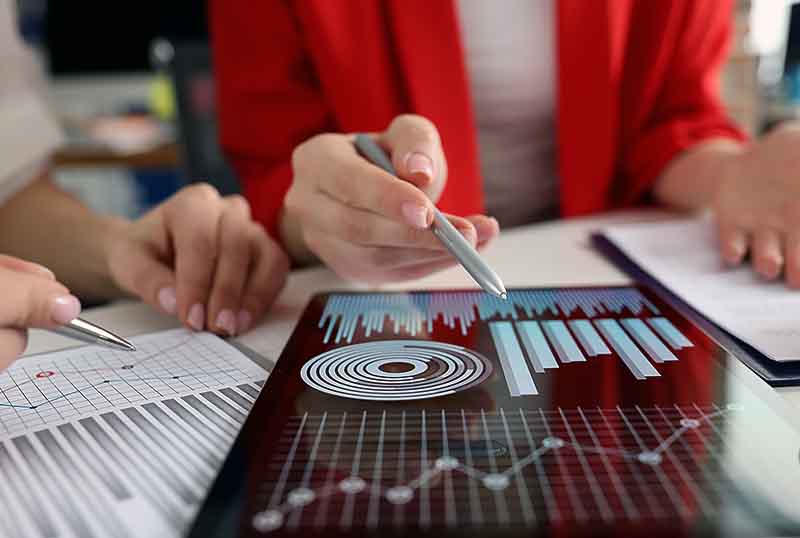
Navigating New Sustainability Disclosure Requirements | 12th September 2024
Sustainability disclosure (including formal reports, regulatory information provision, investor and sustainability rating requests) has been with us for quite a while, but it is growing in both importance and complexity.
Who have we heard from?

Virginie Coulloudon
Executive Director | Your Public Value, Berlin on how Public Value is emerging as a driving force in corporate purpose across Europe and beyond.
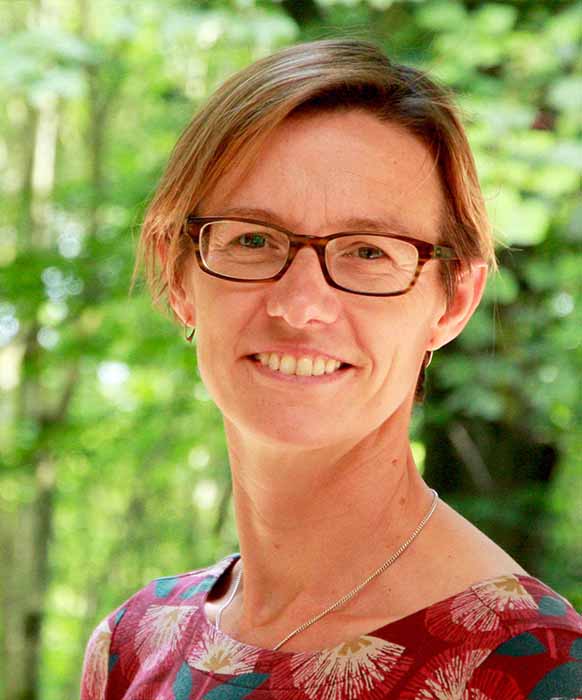
Emma Burlow
Director & Head of Circular Economy | Resource Futures, Bristol on the challenges of developing the Circular Economy and practical examples of the approach in action.

Rosisin Reynolds
Managing Director | Ivydale Coaching, Singapore on Moral Hazard in the Time of Coronavirus - why mitigating the impact of the pandemic in developing countries should be a priority.

Jono Ayton
Senior Sustainable Development Manager | Willmott Dixon, UK on Willmott Dixon’s ambitious new sustainability strategy - 'Now or Never' - focusing on driving fundamental business transformation in the context of sustainability challenges.
